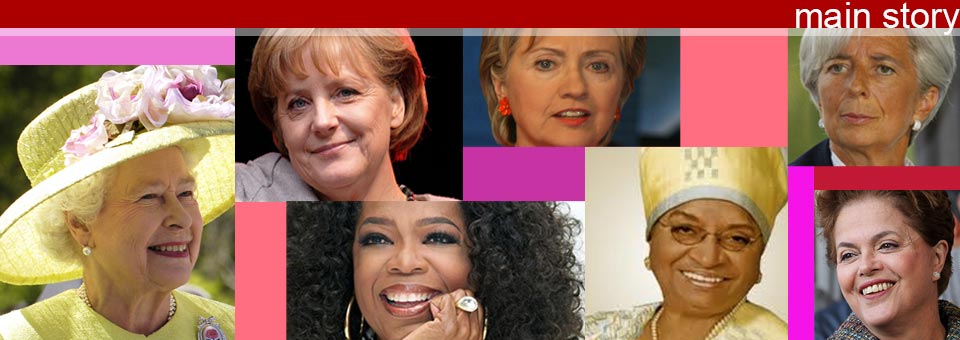I recently read an excerpt from an article for the Harvard Business Review blog written by Jack Zenger and Joseph Folkman about a research study from 2011 where they looked at 7,280 leaders in a variety of positions – from very senior management to 'individual contributor'.
In the study, they asked others to rate the leaders in 16 leadership competencies. According to the data shared in the article, they found that women out-scored men in all but one of the 16 competencies, and in 12 of the 16, the women were better by a significant margin. And, in the words of Zenger and Folkman, "two of the traits where women outscored men to the highest degree — taking initiative and driving for results — have long been thought of as particularly male strengths."
And though there were more males in the study, the women were seen as better leaders at every level. Again, in Zenger and Folkman's words: "…at every level, more women were rated by their peers, their bosses, their direct reports, and their other associates as better overall leaders than their male counterparts — and the higher the level, the wider that gap grows."
Other studies indicate that companies that have a higher representation of women in management ranks are more profitable and have higher employee productivity. And yet, only 33 of the Fortune 1,000 are headed by women.
Which poses me with the question: Are women better leaders than men or at least as capable of leading than men? And if that is so, why are there so few women in senior leadership positions in business and government?
Fast forward to 2014 and the statistics are pretty much the same as in 2011: women hold about 15% of executive positions at Fortune 500 companies; full-time women workers still earn less than their male counterparts.
Women continue climbing the rungs of power—building their ranks as heads of state, corporate leaders and media influencers—but their minority status means they still face harsh, limiting assessments based on their gender. "Women are being judged more, even by other women," said Valerie Young, Ed.D., author of The Secret Thoughts of Successful Women. While male leaders are allowed to have complex personalities, powerful women are often summed up by hackneyed stereotypes that undermine them and their power.
This study by Zenger and Folkman seems to demonstrate pretty strongly that women are seen as better leaders than men by those around them. So, what's the deal? Why are women still so woefully under-represented, especially at the most senior levels?
I'd love to hear your ideas of why this is still happening.





